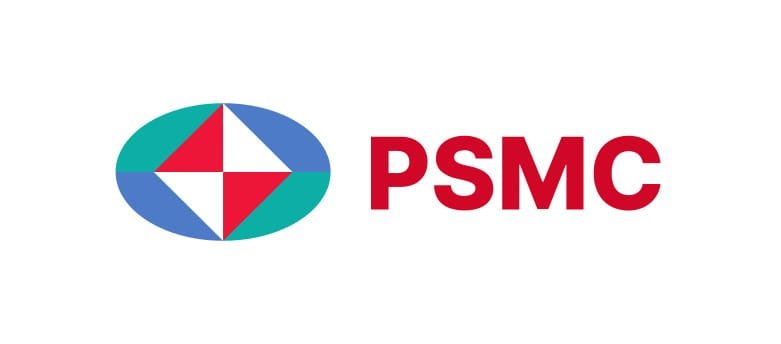Tata leads in development of semiconductor manufacturing industry
The Cabinet has approved the establishment of three semiconductor https://ism.gov.in/ plants under the Rs.72,000 crore ‘Development of Semiconductors and Display Manufacturing Ecosystems in India, a big boost to manufacturing sector.
Construction of plants to be set up by the three companies will start within the next 100 days, the Cabinet said on 29 Feb 2024.
The approved three semiconductor units are:
First – Semiconductor Fab with 50,000 wafer starts per month (WSPM) capacity and an investment of Rs.91,000 crore is being set up by Tata Electronics Private Limited (TEPL) in partnership with Powerchip Semiconductor Manufacturing Corp (PSMC) https://www.powerchip.com/en-global , Taiwan, at Dholera, Gujarat.
PSMC, which has six foundries in Taiwan, is renowned for its expertise in logic and memory foundry segments.
It will produce high performance computer chips with 28 nm technology. These will be power management chips for electric vehicles (EV), telecom, defence, automotive, consumer electronics, display, power electronics, etc. Power management chips are high voltage, high current applications.
It will have capacity to produce 48 million chips per day for automotive, electric vehicles, consumer electronics, telecom, mobile phones, etc.
Second – Tata Semiconductor Assembly and Test Pvt Ltd (TSAT) https://www.tata.com/ is investing Rs.27,000 crore to set up a semiconductor unit in Morigaon, Assam.
TSAT semiconductor https://www.semiconductors.org/u-s-semiconductor-ecosystem-map/ is developing indigenous advanced semiconductor packaging technologies including flip chip and ISIP (integrated system in package) technologies.
Third – CG Power, in partnership with Renesas Electronics Corporation https://www.renesas.com/us/en , Japan, and Stars Microelectronics https://starsmicro.com/, Thailand will set up a semiconductor unit in Sanand, Gujarat.
The plant, with investment of Rs.7,600 crore, will have capacity to produce 15 million chips per day. The CG power semiconductor unit will manufacture chips for consumer, industrial, automotive and power applications.
Technology partner, Renesas, is a leading semiconductor company focussed on specialised chips. It operates 12 semiconductor facilities and is an important player in microcontrollers, analog, power, and System on Chip (SoC) products.
Within a very short time, India Semiconductor Mission has achieved four big successes. With these units, the semiconductor ecosystem will get established in India, said the Cabinet.
“India already has deep capabilities in chip design. With these units, our country will develop capabilities in chip fabrication. Advanced packaging technologies will be indigenously developed in India with today’s announcement.”
These units will generate direct employment of 20,000 advanced technology jobs and about 60,000 indirect jobs.
These units will accelerate employment creation in downstream automotive, electronics manufacturing, telecom manufacturing, industrial manufacturing, and other semiconductor consuming industries, the Cabinet said.
The Programme for Development of Semiconductors and Display Manufacturing Ecosystem in India was notified on 21 Dec 2021 with a total outlay of Rs.76,000 crore.
In June, 2023, the Cabinet had approved the proposal of Micron for setting up a semiconductor plant in Sanand, Gujarat.
The Micron plant construction is progressing at a rapid pace and a robust semiconductor ecosystem is emerging near the unit, said the Cabinet.
Tata Sons Chairman N Chandrasekar had anannounced Tata Group’s decision to build a semiconductor fab in Dholera in the 20th Vibrant Gujarat Summit in January 2024.
Commenting on the planned semiconductor Fab he said, “Tata Group has a tradition of pioneering many sectors in the country, and we are confident that our entry in semiconductor fabrication will add to this legacy.
With AI-led digitization of every aspect of human existence, semiconductors will be the most critical building block.
By 2030, Global semiconductor industry is expected to grow to US$1 trillion and Indian semiconductor demand is expected to cross US$110 billion.
India’s entry in the semiconductor manufacturing will significantly de-risk global supply chains and will make India a very important player in the global semiconductor industry. fiinews.com








